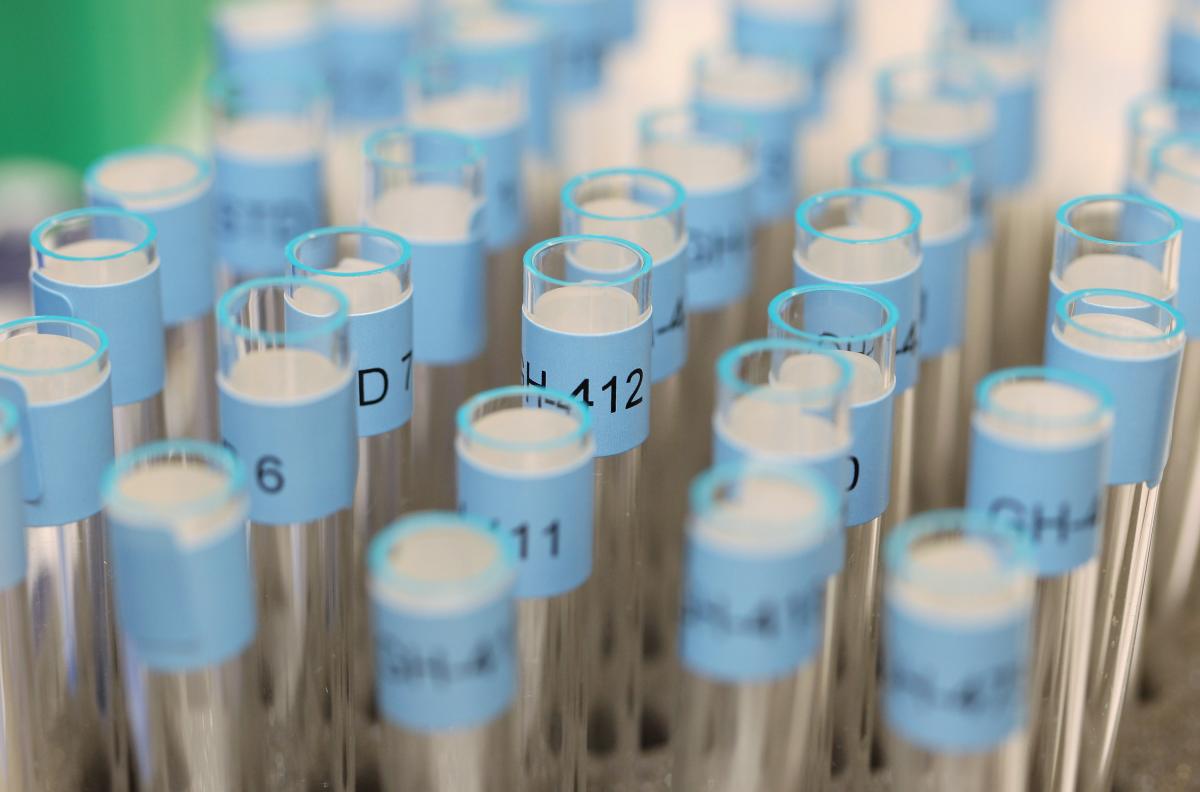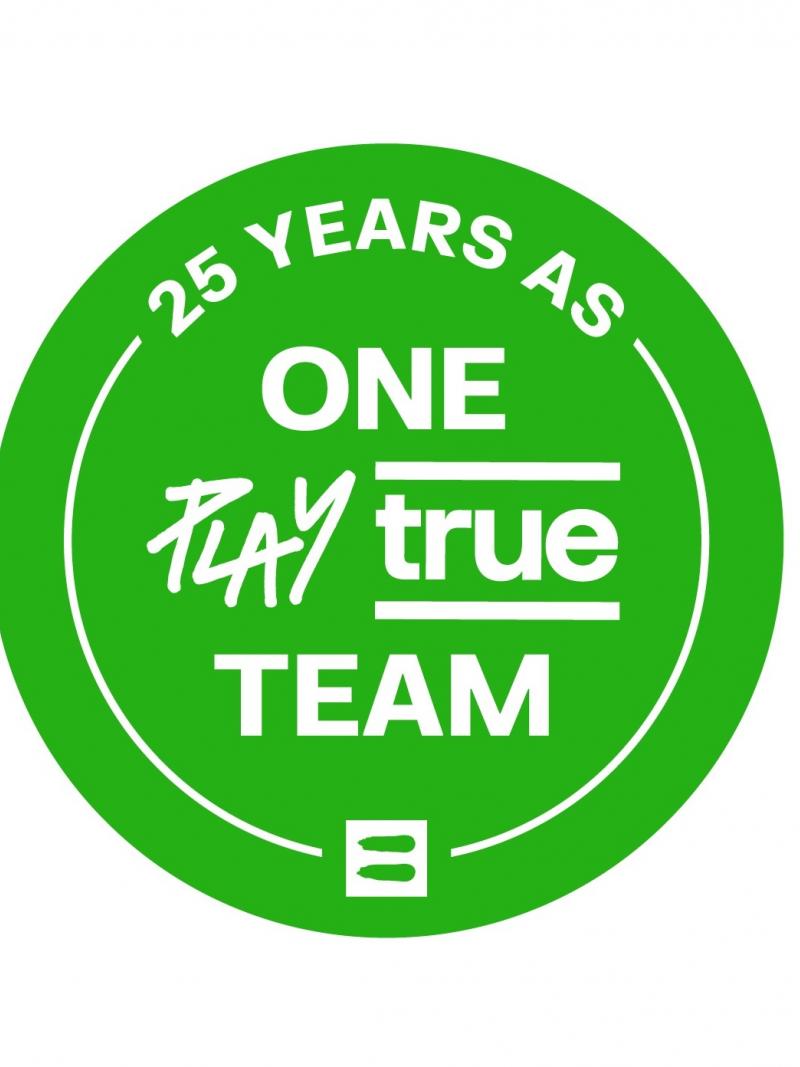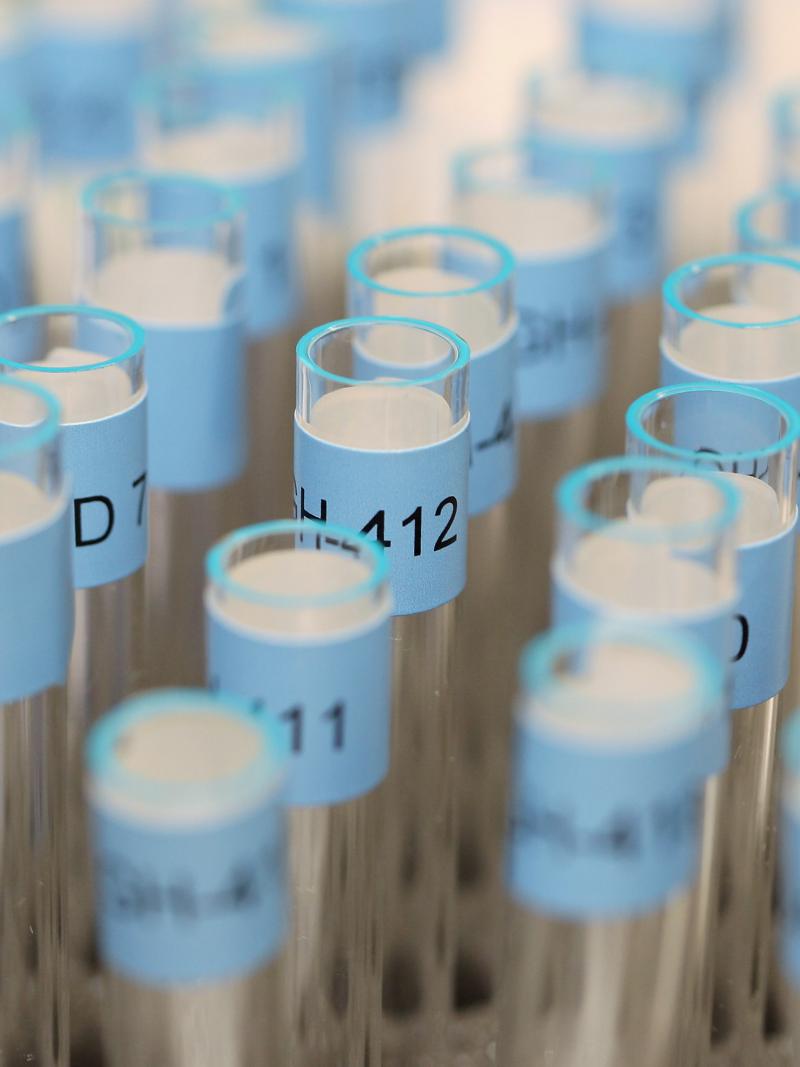IPC to re-analyse samples collected at the Rio 2016 Paralympic Games
The International Paralympic Committee has started re-analysing doping control samples collected from athletes following the Rio 2016 Paralympic Games 06 Jun 2024
To help ensure a level playing field at the Paris 2024 Paralympic Games, the International Paralympic Committee (IPC) has started re-analysing doping control samples collected from athletes and placed in long-term storage following the Rio 2016 Paralympic Games.
Under the World Anti-Doping Code, samples can be stored for up to 10 years, allowing for them to be re-analysed as detection methods improve over time. As a result, the IPC is now reviewing blood and urine samples collected during Rio 2016 and placed in storage at the World Anti-Doping Agency-accredited Doping Control Laboratory (DoCoLab) at the Ghent University in Belgium.
Jude Ellis, the IPC’s Head of Anti-Doping, said: “Placing samples in long-term storage for reanalysis at a later date is an important tool in protecting clean sport and serves as a key deterrent to doping.
“During the Rio 2016 Paralympic Games three athletes were found to have committed anti-doping violations and were sanctioned accordingly.
“The continual improvements made to detection methods, together with the development of new testing methods since that time, mean that other athletes who used prohibited substance to enhance their performance at these Games may yet be held to account. Any medallist found to have committed an anti-doping violation faces being stripped of the medals they won and sanctioned.”
The IPC will work closely with the DoCoLab in selecting which samples to re-analyse, based on likely Paris 2024 participation, intelligence, assessed risk and technological advancements. This is likely to include medallists, suspicious athletes, and those sports where doping is considered a high risk. Re-analysis of these samples will be completed prior to the Paris 2024 Paralympic Games.
The IPC aims to collect 2,700 doping control samples in Paris before and during the Paralympic Games – a mix of urine and blood samples (including dried blood spot). This represents a 25 per cent increase in the number of samples collected during the Tokyo 2020 Paralympic Games.
All samples collected and analysed by the laboratory at the Paris 2024 Paralympic Games will be transferred to the Ghent Laboratory following the Games. There they will be placed in long-term storage and could be re-analysed at any time up until 2034.








